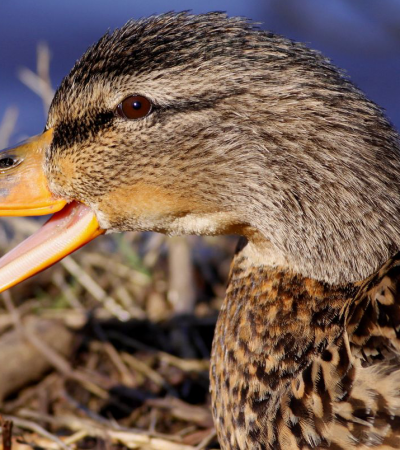The sounds of spring are some of the greatest the earth has to offer. Birds of all sorts begin to sing their annual song and some seem to stick with you for ages. It is hard for me to pick a favorite but it falls somewhere in between a thundering gobble and a whippoorwill. Spring is also filled with sounds that are particular to the areas we all live. For example, I live in the Mississippi delta and spring mornings here are pretty entertaining just to listen to. In one small cypress brake you can hear a turkey gobble, a wood duck whistle Dixie and alligators roar like prehistoric dinosaurs. It is pretty incredible. However  through the last 9 or so years that I have been here there has become another sound that is very particular to its species and it seems like each year we have more and more of them. I am talking about the high pitched whistle of the black bellied whistling duck.
through the last 9 or so years that I have been here there has become another sound that is very particular to its species and it seems like each year we have more and more of them. I am talking about the high pitched whistle of the black bellied whistling duck.
Black bellied whistling ducks have long been known to spend their spring and summer in the coastal regions of Texas and Louisiana. This duck, just a shade bigger than a mallard, has a very similar flight pattern of a mallard but has a sound all its own. If I remember correctly about seven or eight years ago black bellied whistling ducks became a major subject of discussion on social media because so many people were noticing them much farther north than usual. It was about this time that we started seeing them around our house and since then the numbers have grown tremendously.
I have not done enough research to know the exact reason as to why we are seeing so many of them this far north but I hope it never changes. As I sit and type this there are hundreds in the sloughs and brakes near my house preparing nests for their young and feeding in the shallow waters and agricultural fields throughout the delta. We have been able to see their numbers grow in a short time span and now their “noise” is very welcomed when I am turkey hunting in the spring and fishing in the summer.
So, if you live in the southeast and have noticed some loud mouthed ducks taking cover along the banks of water nearby, you have probably seen what I am talking about. And in case you haven’t I encourage you to do so. These beautiful birds have found adequate nesting and feeding habitat in our region and as a man who loves fowl of all kinds, they are a very welcomed site!





